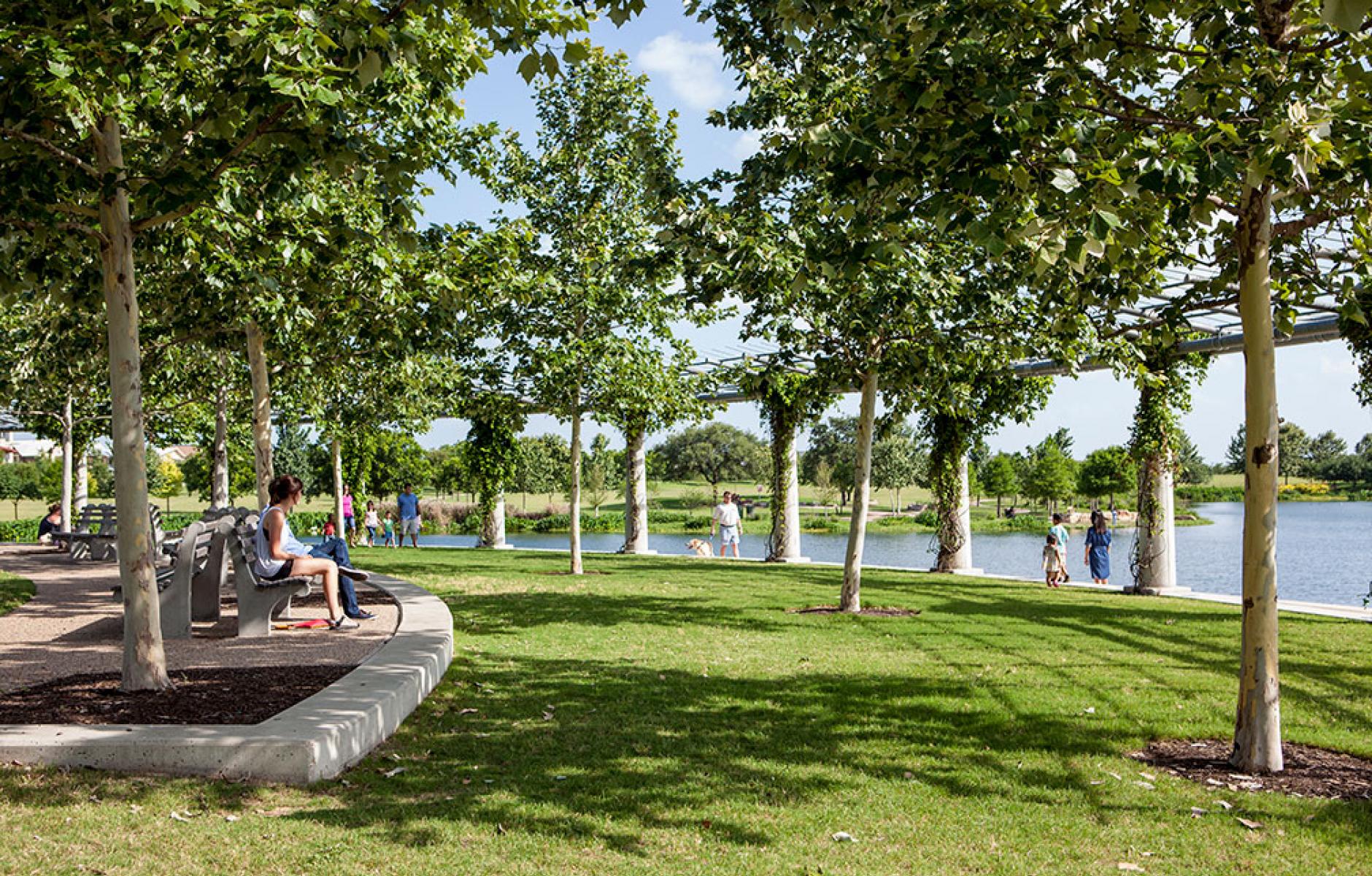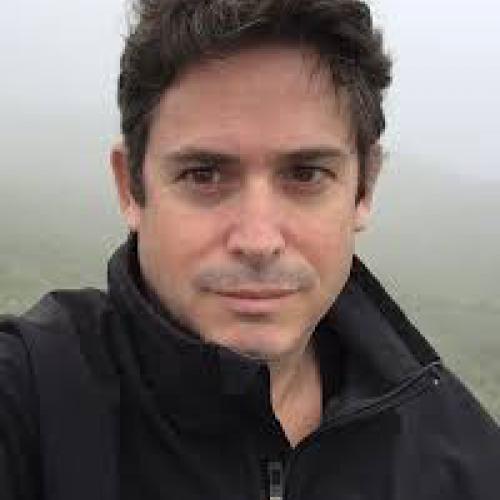
Love (of place) in interesting times
Note: This article was written for the Central Texas chapter of CNU, CNU-CTX, and the observations could apply to any community.
It is said a curse goes “May you live in interesting times.” If we didn’t understand why that was considered a curse before, we certainly are fully cognizant of it now.
You may be reading this at home. Perhaps you are huddled with loved ones but otherwise isolated from your colleagues, friends, and neighbors. The work place and the places where we gather to congregate, to commemorate, and to commiserate, are suddenly places of danger. We are told to “self isolate”, to “shelter in place”, and to practice safe “social distancing.” We are told that we can save ourselves by disconnecting from each other.
The shops, the cafes, the restaurants, the gyms, the hotels are dark, or perhaps they’re struggling to stay open offering to-go options - but in any event are no longer places for social interaction. We pick up our items and hurry out, minimizing contact.
Suddenly the city feels empty. We are cut off from the places we love to congregate and the people we love to congregate with. It happened so fast - that awareness that suddenly life was going to be different for a while, and that maybe it will never be quite the same again.
But then in the middle of this mass detachment, my wife and I, we take our dogs for a daily walk or sit on the porch to enjoy a drink and watch the street life. And we see others doing the same - the parks are filled with (appropriately spaced) people enjoying a public place, getting about a quieted city at a slower pace than before. We have become Jane Jacobs’ “eyes on the street” and we spend many hours observing the “cheerful hurly-burly” of our neighborhood.
In some regards, it’s incredibly pleasant. We waive at neighbors across the street. We stop for a chat with someone holding court on their porch. We pick up a meal to go from a local cafe. Life changes and we adjust to it. We are working from home, we are taking out instead of dining out. We are getting to know each other again. In the calmer moments, when we can step away from the news, and try to quiet our concerns about our friends and family, our health, our future - it’s an opportunity to reflect upon life as it existed before and will again.
It is such an odd juxtaposition, this emptied city but the filled sidewalks and parks. The neighborhood feels alive in a way it hasn’t before. It buzzes with children playing in alleys, people tending gardens, walking pets, going for a jog, riding bikes and scooters, conversing on work calls from their porch, sipping wine, and trading the latest information they heard from this source, or that.
Our mission at CNU-CTX is to support building the places people love in central Texas. Those are the places that no one needs to give you a reason to go - you go because they are good. You stay because other people are there. They are the places that respond to our needs, wants, and desires. Our highest need is the need to be connected to each other and the places that people love are the places where we come together. Good places are the places that connect us to each other.
A city is a habitat for humans. We are social creatures, evolved to congregate. The places that work, work because they attract people to them, and they attract people to them by being good. CNUs mission from the outset was to point to the places that are good, the places people gravitate to and stay, and ask for more of that.
As we conduct a partial retreat from our habitat to our homes and our world becomes smaller we do so knowing that this is temporary, that we social creatures must eventually return to our natural habitat, the city. We will eventually reconnect because it is impossible for us not to. Our ultimate salvation will not come from disconnecting, but from reconnecting and reintegrating.
For now, we pause the work to make our cities better, and instead our attention turns to getting our cities back. We will do what is necessary in this moment to be safe and healthy, and we look forward, with great anticipation, to a time when we can reclaim all our public spaces. And perhaps we’ll take with us a newly rediscovered sense of the importance of the communities that we live in, and how our streets, parks, plazas and other public places serve to connect us to, or disconnect us from, each other through their design. And we will then, in a less interesting time, return to the work to make them better places for all.




